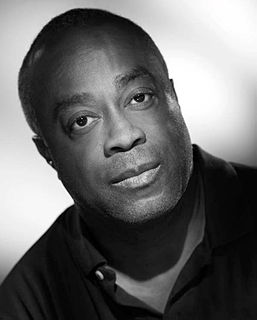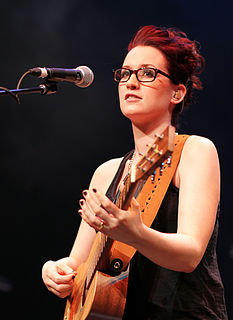A Quote by Jonathan Majors
You know, I didn't grow up in a cultured household. We were all highly intelligent, but we were common, simple people. We weren't activists, none of that.
Related Quotes
Coming from the South and growing up in L.A. where it was so segregated - worse than the South in many ways - all the people in my neighborhood were from the South. So you had that Southern cultured environment. The church was very important. And there were these folk ways that were there. I was always fascinated by these Southern stories, people would share these mystified experiences of the South. I wanted to talk about folklore.
The information that was contained in a cathedral was based upon a common culture - a common Christian culture - and the elements were chosen for a common symbolic meaning. Someone who knew everything that was represented in a cathedral had a sort of encyclopedia - you can indeed call it that - but it was a selective encyclopedia, like encyclopedias back when they were books and the people writing them were supposed to be specialists in their field. I think today the problem is that people don't know how to choose between different kinds of information.
I don't think the government (of El Salvador) was responsible. The nuns were not just nuns; the nuns were political activists. We ought to be a little more clear-cut about this than we usually are. They were political activists on behalf of the Frente and somebody who is using violence to oppose the Frente killed them.
In San Francisco, most of the older activists, especially at Berkeley, were very hostile towards punks. The music, certainly, wasn't nice and mellow for them, and neither was our look or our attitude. While in Vancouver, the two most important early punk bands, D.O.A. and the Subhumans, were both managed by former yippie activists, who saw this as a logical extension of what they were already doing.
Some parents were awful back then and are awful still. The process of raising you didn't turn them into grown-ups. Parents who were clearly imperfect can be helpful to you. As you were trying to grow up despite their fumbling efforts, you had to develop skills and tolerances other kids missed out on. Some of the strongest people I know grew up taking care of inept, invalid, or psychotic parents--but they know the parents weren't normal, healthy, or whole.
I remember I grew up in Pasadena in a very, kind of, homogeneous, kind of, suburban existence and then I went to college at Wesleyan University in Connecticut. And there were all these, kind of, hipster New York kids who were so-called 'cultured' and had so much, you know, like knew all the references and, like, already had their look down.




































